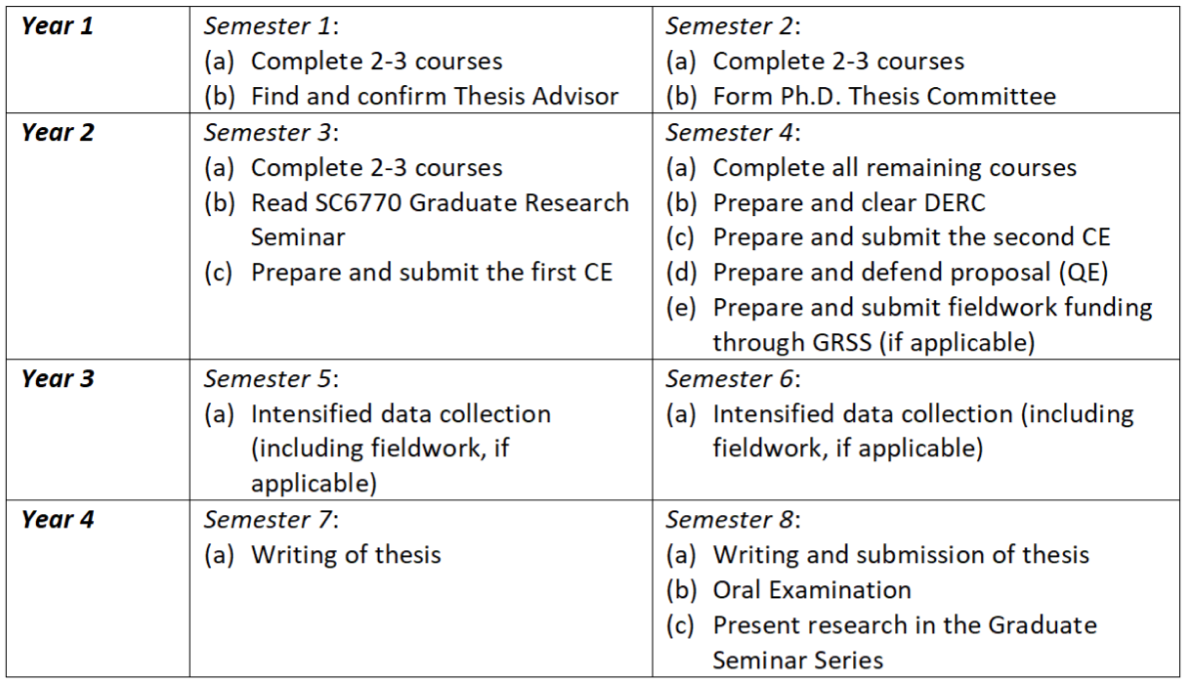Programmes
Designed to prepare you for scholarly research, teaching, and applied work
The department presently offers three graduate research programmes
Overview
Our Department has been consistently ranked first in Asia and among top 20 in the world, according to the QS World University Rankings. In 2023, NUS Sociology was ranked the 7th in the world along with other top universities including Harvard, Cambridge, London School of Economics, and UC Berkeley. The staff strength of the Department of Sociology today is about 49 faculty members, including those on tenure and educator tracks.
The Department’s research and teaching interests are wide-ranging. Our major strengths lie in sociology and anthropology of Asia. While many faculty members specialize in research on Singapore society and culture, a number are also engaged in research on other Asian societies, including China, Hong Kong, South Korea, Japan, India, Sri Lanka, Indonesia, Malaysia, Thailand, Myanmar, and Vietnam. Our main research areas include Ageing, Demography, Health, Family and Kinship, Gender and Sexuality, Media and Popular Culture, Migration, Politics and Power, Race and Ethnicity, Social Networks and Urbanism.
Our Programmes
Doctor of Philosophy in Sociology/Anthropology
The PhD programme aims to train students in rigorous critical thinking and equip them to conduct in-depth research using multiple methods to advance the knowledge about society and culture. Graduates of the programme are expected to embark on a lifelong learning journey to keep up to date with sociological/anthropological theory and knowledge, so as to continuously apply themselves to practice sociology/anthropology in their professional or academic lives.

Programme information
Programme Requirements for Ph.D. in Sociology
Ph.D. candidates in Sociology must complete 10 courses with a minimum Grade Point Average (GPA) of 3.5 (B grade) to graduate. These courses include:
• SC6770 Graduate Research Seminar (Pass/Fail)
• SC5101 Graduate Research Methods
• SC5102 Quantitative Methods
• SC5103 Qualitative Methods
• SC6102 Sociological Theory
• Five other electives (refer to the sections on 'Elective Courses' and 'Course Exemptions')
Programme Requirements for Ph.D. in Anthropology
Ph.D. candidates in Anthropology must complete 10 courses with a minimum Grade Point Average (GPA) of 3.5 (B grade) to graduate. These courses include:
• SC6770 Graduate Research Seminar (Pass/Fail)
• SC5101 Graduate Research Methods
• SC5103 Qualitative Methods
• SC5215 Visual Ethnography or SC6224 Producing Ethnography
• SC6216 The Anthropological Perspective
• Five other electives
Additional programme information
Sample Study Plan for PhD Students
The PhD programme aims to train students in rigorous critical thinking and equip them to conduct in-depth research using multiple methods to advance the knowledge about society and culture. Graduates of the programme are expected to embark on a lifelong learning journey to keep up to date with sociological/anthropological theory and knowledge, so as to continuously apply themselves to practice sociology/anthropology in their professional or academic lives.


